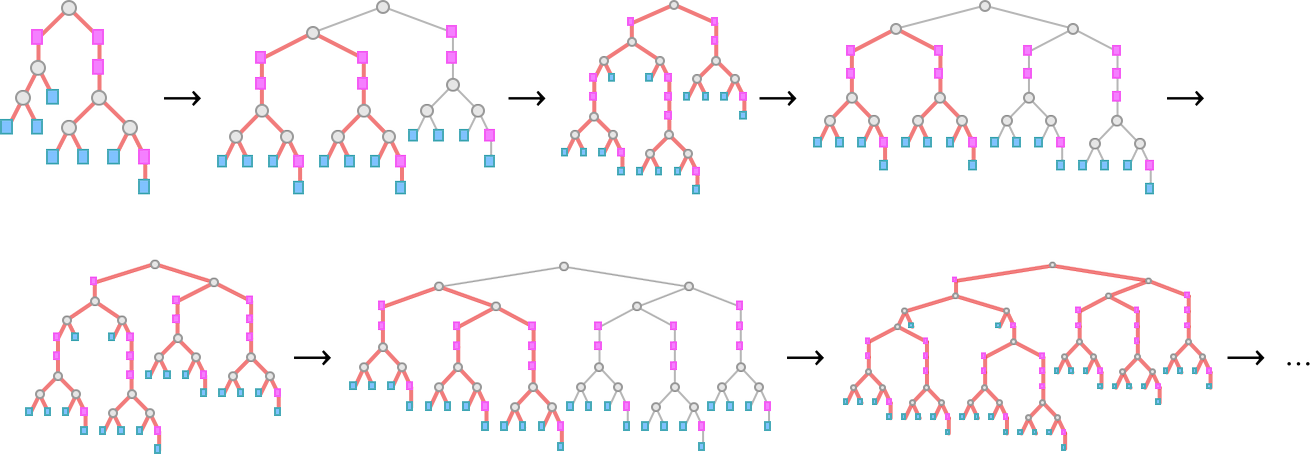Ruliology is taking off! And more and more people are talking about it. But what is ruliology? Since I invented the term, I decided I should write something to explain it. But then I realized: I actually already wrote something back in 2021 when I first invented the term. What I wrote back then was part of something longer. But here now is the part that explains ruliology:

If one sets up a system to follow a particular set of simple rules, what will the system do? Or, put another way, how do all those simple programs out there in the computational universe of possible programs behave?
These are pure, abstract questions of basic science. They’re questions one’s led to ask when one’s operating in the computational paradigm that I describe in A New Kind of Science. But at some level they’re questions about the specific science of what abstract rules (that we can describe as programs) do. Continue reading







